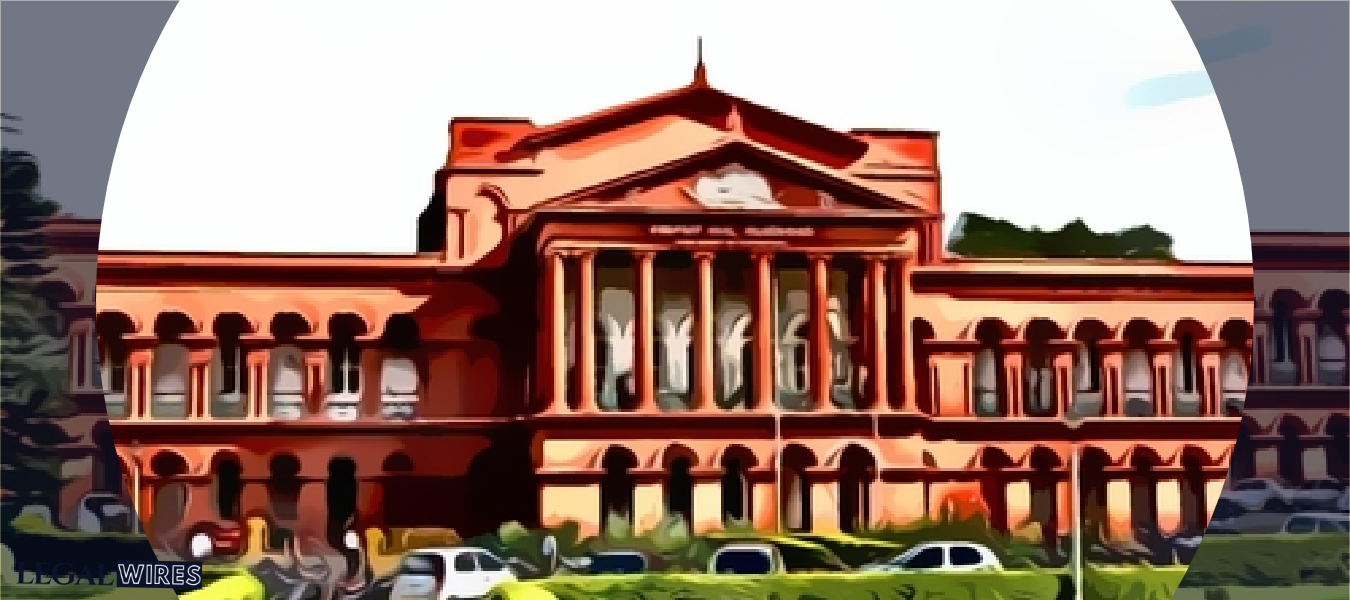The petition contended that the Amendment Act is arbitrary and Ultra Vires to the Constitution of India. It fails to satisfy the twin test for reasonable classification within the outline of Article 14 of the Constitution of India.

The Karnataka High Court recently issued notice to the Central government, state government, BCI and NLSIU, in a writ petition filed by 17-year-old student questioning the constitutional validity of the move by the state of Karnataka to reserve 25% seats of National Law School of India University (NLSIU) for the students of Karnataka[1].
The petitioner states that he had applied for the CLAT with a view of securing a seat in 5 years B.A.LLB course at NLSIU. However, three months after the application process ended, the state government of Karnataka enacted a new amendment i.e. National Law School of India (Amendment) Act, 2020 on 27th April 2020.
The Amendment Act introduced 25% Horizontal reservation for students who have studied in Karnataka for over 10years preceding CLAT 2020.
Therefore such amendment will adversely affect the petitioner seat in NLSIU.
Mentioning the same in petition:
“The Impugned Act has prejudicially affected the Petitioner’s chances of admission in NLSIU, Bengaluru, after the application process for CLAT – 2020 had commenced, i.e. on 01 January 2020 and after the Petitioner has applied for the same.“
Further, the petition contended that the Amendment Act is arbitrary and Ultra Vires to the Constitution of India. It fails to satisfy the twin test for reasonable classification within the outline of Article 14 of the Constitution of India. Also, the NLSIU is neither a government educational institution nor does it receive any aid from the government, therefore it cannot be subject to reservation.
Apex court has laid down in its previous decision that the state cannot reserve any seats in unaided educational institutions.
A Single Judge Bench of Justice Krishna Dixit passed the order, in its order, the Bench clarified that the contesting respondents may file their statements of objections on or before August 13, failing which, “it shall be construed that they may not have much to resist the writ petition”.
Therefore, the matter has been posted for next hearing on 13th August 2020.
[1] Master Balachandar Krishnan v. State of Karnataka





